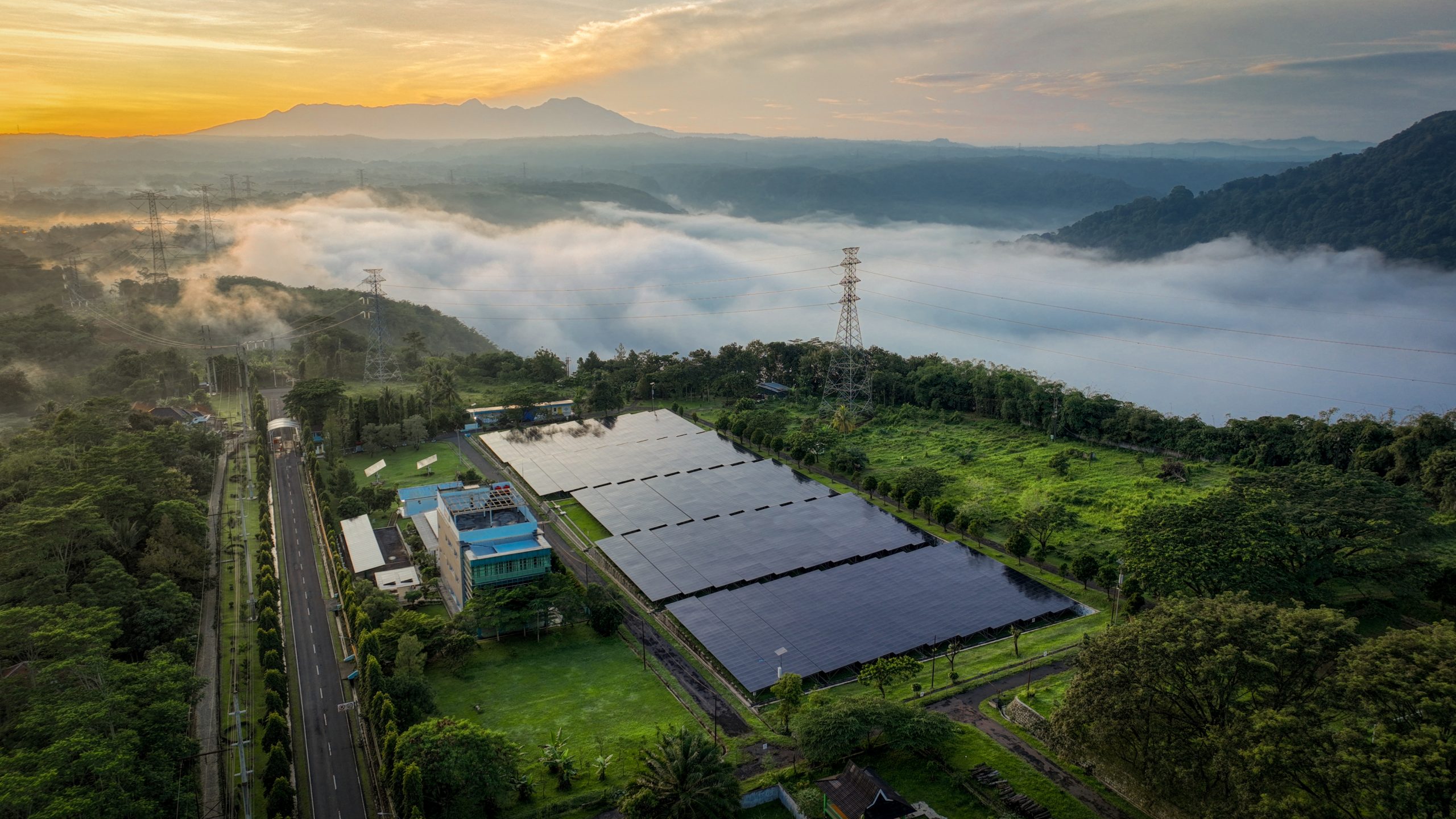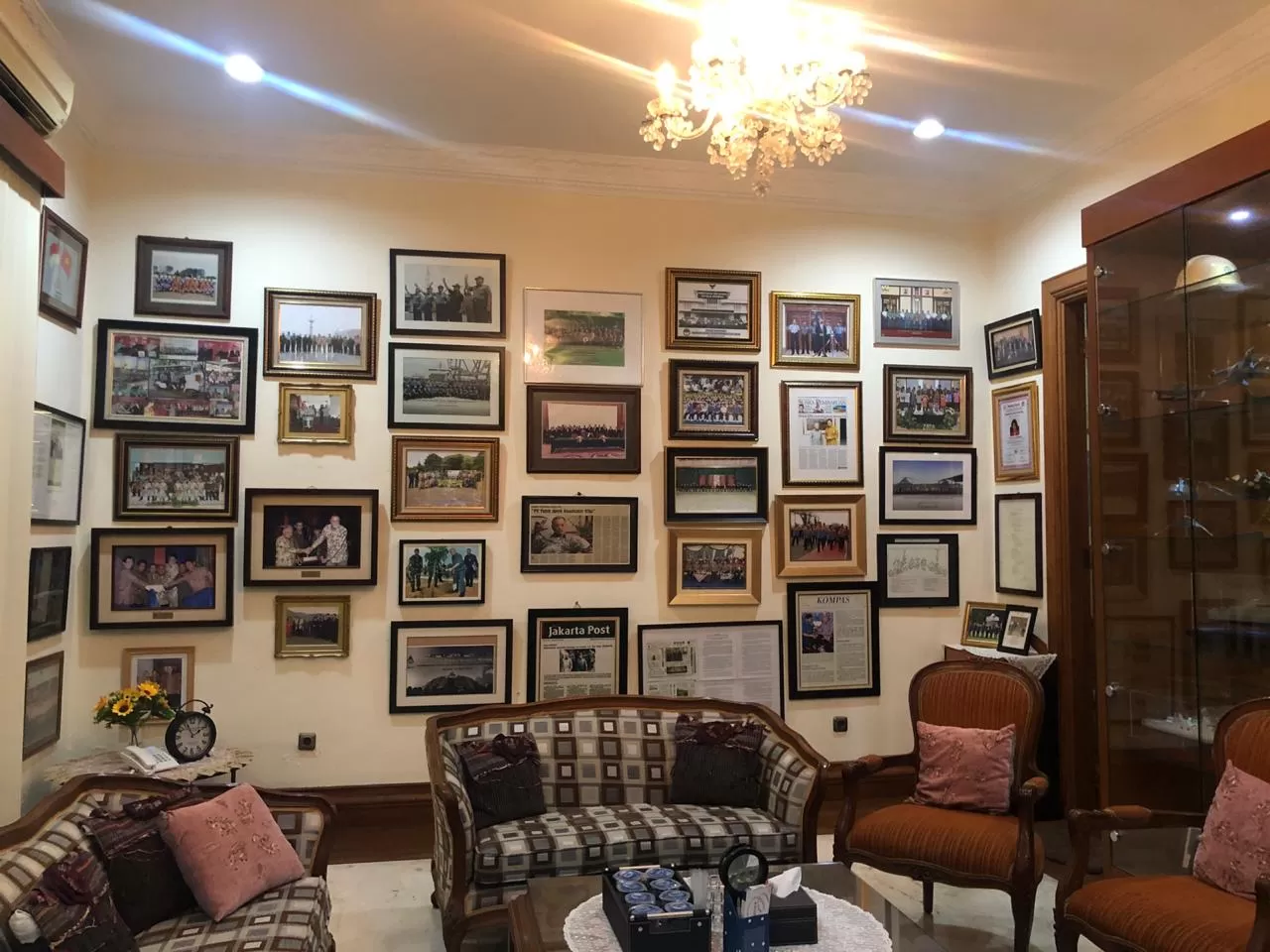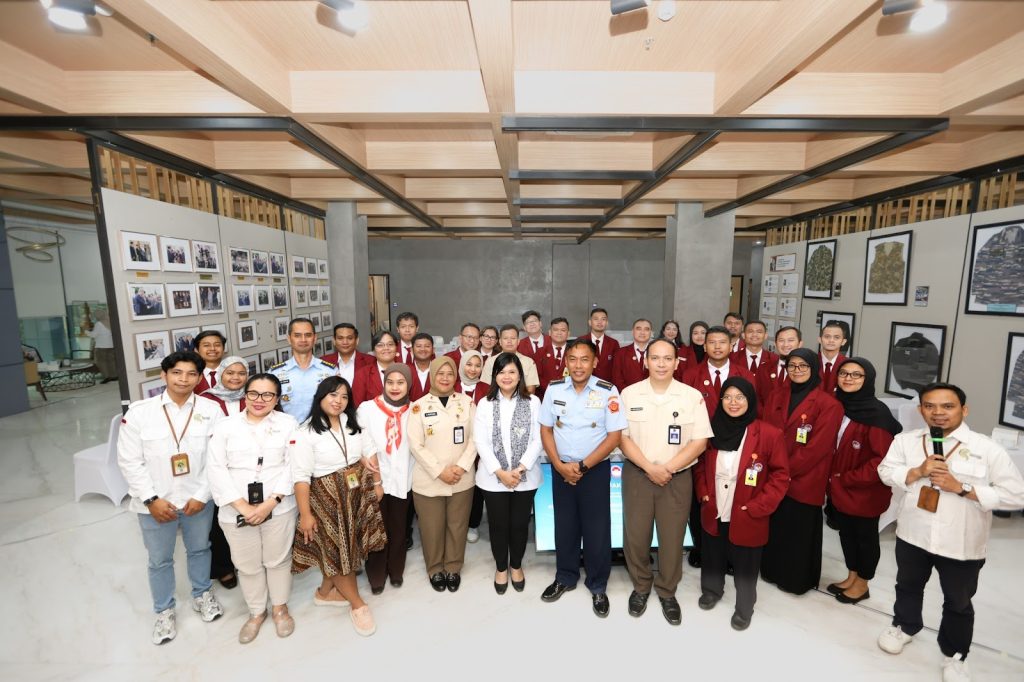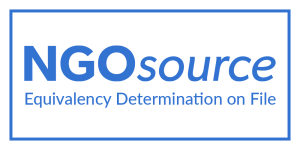Figure 1. The final webinar of the PYC 4th Anniversary Webinar Series: “Post COVID-19 Pandemic Education Reform”
Purnomo Yusgiantoro Center (PYC) has held a series of online seminar events (webinars) this month to commemorate its 4th anniversary. This webinar was the third and final series that was live-streamed through PYC’s official YouTube channel on June 27, 2020 at 13:00 to 15:20. The theme for this webinar was “Post COVID-19 Pandemic Education Reform” with four prominent speakers: Vice Minister of Education and Culture 2011-2014, Wiendu Nuryanti, Education Scholar, Arief Rachman, Chairman of the Indonesian Child Protection Agency (LPAI), Seto Mulyadi, and renowned psychologist, Elizabeth Santosa. The webinar was moderated by Amelia Yusgiantoro, Secretary of the Purnomo Yusgiantoro Center and opened by member of the PYC Advisory Board, Luky Yusgiantoro, Ph.D.
In his opening remark, Luky explained that the most important and valuable asset owned by a country is human capital. He reminded Indonesia’s demographic bonus in 2030, a turning point where the number of productive age is higher. Hence, in order to generate high quality human resources, we need to significantly improve the country’s quality of education.
The first session was delivered by Prof. Wiendu Nuryanti who explained three main drivers that have caused education reform: digital learning, freedom to learn and character building. The discussion was then followed by Prof. Arief Rachman’s presentation that emphasized the importance of parental support to create a pleasant atmosphere and learning process for the children. Prof. Arief also reminded parents and teachers to support the children’s learning process with love. The third presentation was delivered by Seto Mulyadi, who has been well recognized as Kak Seto. He elaborated that every child has basic rights and one is to be able to have access for education. The current educational system should place more emphasis on character building. Kak Seto also stressed that the key to educating children is creativity. Using songs to build warm and loving connection between child and the teacher or parent is one example of it. The last presentation was delivered by Elizabeth Santosa, known as Lizzie. Lizzie informed that children have difficulty participating in online learning due to the impact of long-term quarantine. The children would start to worry because they could not study in school and interact with their friends. Therefore, parents play an important role in providing their children with an understanding of the current situation. Lizzie proceeded by providing tips for parents to create a comfortable and peaceful atmosphere for learning.
At the end of the webinar, Amelia Yusgiantoro concluded that Indonesia’s educational system had to be reformed regardless of the presence or absence of the current pandemic. The government should amplify its intervention by making available information technology to all schools and universities, while implementing effective policies for students and teachers to create a better national education system. In addition, strong parental support is a necessity in the children educational process; whether at home during the current pandemic condition or in schools when the new normal activities has resumed. The core principles of education long taught by Ki Hajar Dewantara as the Nation’s Father of Education remain applicable to this day.







